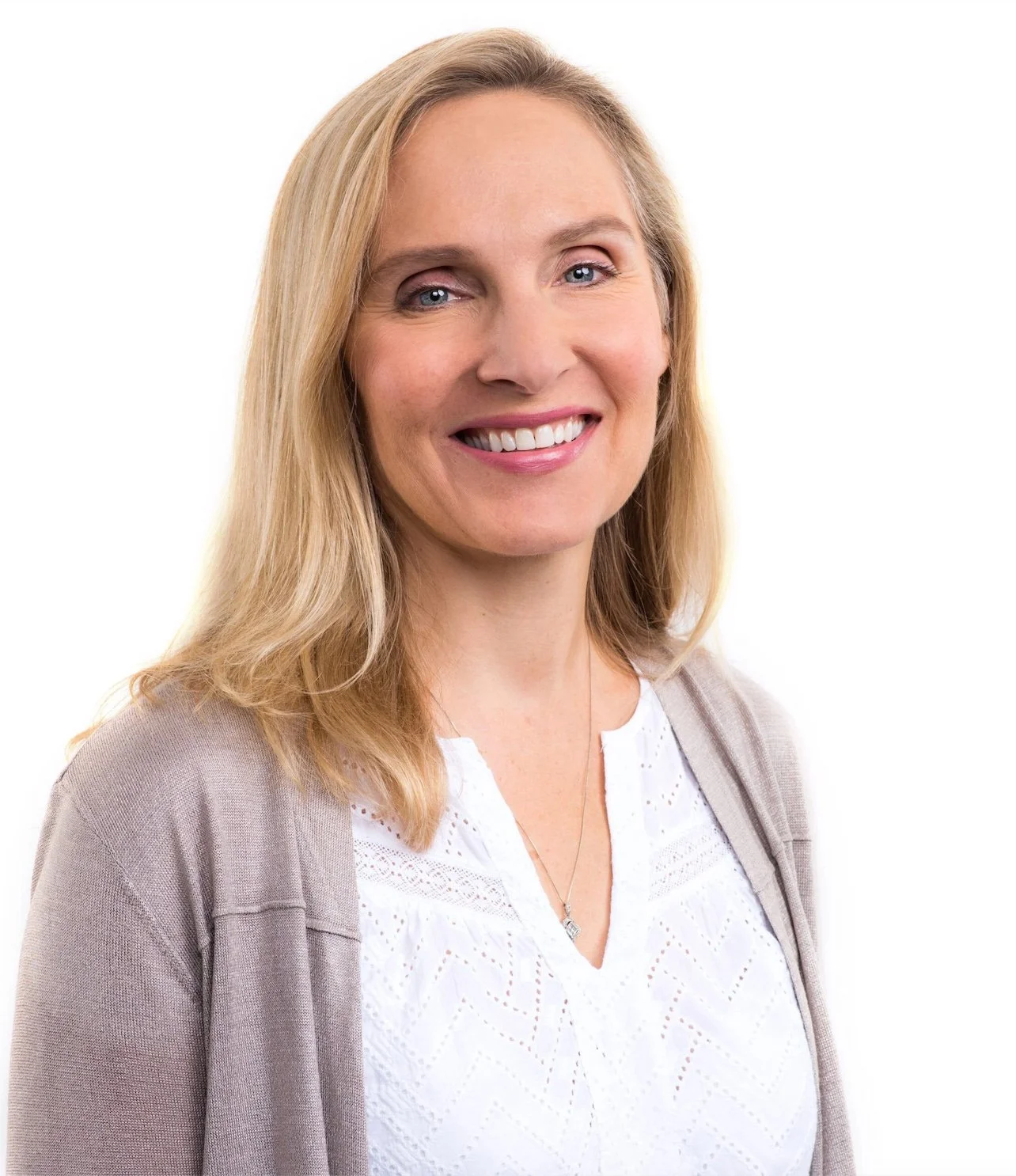Do you have a friend you’ve been meaning to call? — who you think about often, but you never get around to reaching out, for some reason, and at this point, it’s been a long time, which only adds to the massive regret you feel?
I do. If this is you, too, what’s stopping us? (Is it capitalism?)
That’s the heart of this week’s lead article, “I’ve Been Meaning to Call” (gift link), by Paul Crenshaw. It’s a great short piece. I hope you read it.
If you’re a perfect person and all your friendships are 100 percent solid, skip down past the fold for two other great articles — the first on what to do with the abundance of human embryos stuck in freezers around the world, and the second on the question of whether we should think heterosexuality is a choice.
Note: More and more publications are (rightfully) putting up paywalls. These affect several of this week’s selections. Because of Article Club’s 100+ paid subscribers, I’m able to subscribe to many publications and offer you gift links. Thank you.
💬 I hope you join our discussion on April 27
April’s article of the month is “The Egg” (Gift Link • Google Docs version • Audio), an investigation into the human egg trade, by Susan Berfield and a team of journalists at Bloomberg. The depth of the reporting is extraordinary. The piece will leave you informed, disturbed, and wanting to share your thoughts with other kind people. If you’re interested:
Sign up for an optional Comfy Reading Hour on Zoom this Sunday 9-10 am PT. The goal is to dedicate time to support each other to read this amazing (but not short) piece. We’ll say hi at the beginning, but mostly we’ll be reading on our own!
Check out last week’s intro post about the article, in case you missed it
1️⃣ I’ve Been Meaning To Call
There’s something lovely about this essay. Paul Crenshaw writes to an unnamed friend, sharing his regret for not being in contact. “It’s been so long now you must think I’m avoiding you,” he writes. “I am not avoiding you. I think about you often. I do.”
Lately, I’ve been thinking about my friends, too. It seems like we’re more out of touch than usual. It’s easy to say we’re busy (true), or that modern life makes things hard (sure), or if you really want to know the truth, it’s the soul-crushing impact of late-stage capitalism and “these dark times” (no argument here).
But sometimes I think it’s easier to read articles and ruminate (and wish my friends would reach out first) than it is simply to pick up the phone and call or text.
Why is that?
Mr. Crenshaw’s poignant essay offered me a fresh perspective. There are reasons that distance develops, that time slips by, that isolation deepens. Sometimes, these reasons are sound. But even when distance makes sense, the loss of connection is profound. Ultimately, how many true friends will we be lucky to have in our lifetimes?
I also appreciated the pace of this piece. It’s short but takes its time. I could feel Mr. Crenshaw’s reflection — and his regret. I hope you read it.
By Paul Crenshaw • Melt With Me • 4 min • Gift Link
✏️ I’d love to hear from you
Is there someone you’ve been meaning to call? What’s stopping you?
Share your perspective, if you feel moved. You can hit reply to reach me directly. Or if you are comfortable, leave a comment, so fellow Article Clubbers can benefit from your contribution. Thank you for being part of our reading community.
Kauai was very green last week on Spring Break. Have you been on a peaceful hike recently? If so, hit reply and and share your beautiful photo.
2️⃣ The Strange Limbo of Frozen IVF Embryos
Reading “The Egg” this month and “Someone Else’s Daughter” back in January has left me wanting to learn more about IVF and the global trade of human eggs. On the one hand, as IVF technology advances, demand for eggs is surging, leading to exploitation and corruption in the market. On the other hand, we have millions (and maybe tens of millions, because no one knows) of frozen embryos stored indefinitely in clinics around the world. What should be done with all these embryos: dispose of them? donate them? sell them? keep them forever? Reporter Jessica Hamzelou does an excellent job exploring the moral, political, and psychological complexities of this issue. After all, for many of us, even if we’re not Christian, embryos hold a “special status,” somewhere in between a random set of cells and a full human life.
By Jessica Hamzelou • MIT Technology Review • 17 min • Gift Link
Read the original article with my highlights and annotations
3️⃣ Is Heterosexuality a Choice?
Back in the day when we were (for some reason) debating gay marriage, one popular question was, “Is homosexuality a choice? Or were you born that way?” Few people thought to ask whether heterosexuality is also a choice. Sociologist Jane Ward does so in her new course, Critical Heterosexuality Studies, which examines the challenges straight women face in relationships. Research suggests that heterosexuality often fails women, she argues, leading them to feel submissive and dissatisfied due to our society’s expectations (i.e., heteropessimistic or heteroresigned). Prof. Ward encourages her students to flip the script. She says, “[This class is] going to be a place where we worry about straight people. Where we feel sympathy for straight people. We are going to be allies to straight people.” She adds, Perhaps straight people would benefit from adopting insights from queer relationships.
By Jessica Bennett • The Cut • 17 min • Gift Link
➕ Thank you to longtime reader Ben for sending this article my way. I welcome your recommendations. Hit reply and let me know.
Thank you for reading this week’s issue. Hope you liked it. 😀
To our 5 new subscribers — including Anne, Saint Trey W., and Meenu — I hope you find the newsletter a solid addition to your email inbox. Welcome to Article Club. Make yourself at home. 🏠
If you value what we’re doing here at Article Club, and want to support this venture with a paid subscription, I would be very grateful. It’s $5 a month or $36 a year.
Subscribe
If subscribing is not your thing, don’t despair: There are other ways you can support this newsletter. My favorite way is letting me know your thoughts. Just hit reply.
On the other hand, if you no longer want to receive this newsletter, please feel free to unsubscribe below. See you next Thursday at 9:10 am PT.




















